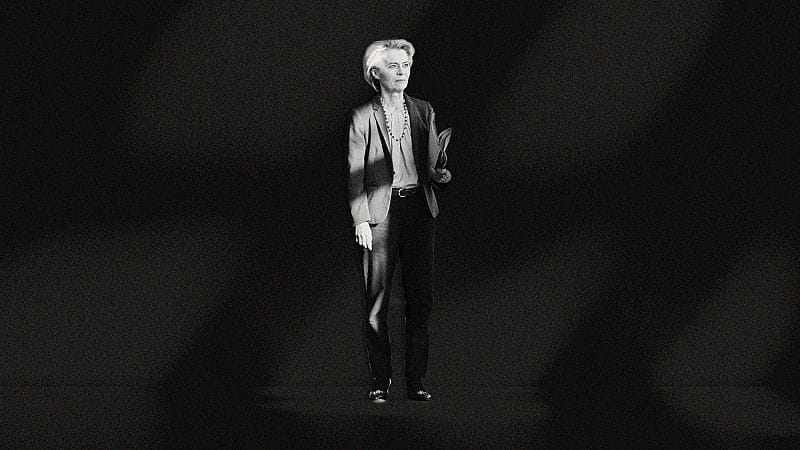A Turbulent Summer for Ursula von der Leyen
Ursula von der Leyen, the President of the European Commission, was expected to enjoy a well-deserved summer break. However, this July turned out to be anything but quiet. The month brought a series of significant events that tested her leadership and reshaped the trajectory of her five-year mandate. With global tensions, internal conflicts, and personal scrutiny, von der Leyen found herself in an uncharacteristically vulnerable position.
The Motion of Censure
Relations between von der Leyen and the European Parliament have never been harmonious. Members of the European Parliament (MEPs) often criticized her tendency to prioritize engagement with member states over the Parliament itself. This tension reached a boiling point when Gheorghe Piperea, a Romanian hard-right lawmaker, drafted a motion of censure against the European Commission. The motion, which included allegations related to the Pfizergate scandal and conspiracy theories about electoral interference, was ultimately rejected with 360 votes against and 175 in favor.
Despite the motion’s lack of viability, it forced von der Leyen to confront the accusations directly. She dismissed them as “false claims” and “sinister plots.” The event highlighted the ease with which MEPs can initiate such motions and sparked further criticism from within her own coalition. Manon Aubry, co-leader of The Left, has already begun collecting signatures for another attempt, signaling ongoing challenges for the Commission chief.
The Budget Controversy
Following the motion of censure, von der Leyen turned her attention to the European Union’s next seven-year budget (2028-2034). The proposal was intended to showcase her political strength and shift the focus away from recent controversies. However, the process was marred by internal disputes over the budget’s size, program restructuring, and financial allocations.
A key proposal to merge agricultural and cohesion funds into a single envelope faced immediate backlash from farming lobbies. Additionally, the Commission’s penchant for secrecy left other Commissioners scrambling to understand their future budgets. When the €2 trillion budget was finally unveiled, it was met with mixed reactions. During a press conference, von der Leyen addressed concerns about fairness and respect toward her colleagues, emphasizing the need for unity and collaboration.
The EU-China Summit
The summit with China proved to be another challenging moment for von der Leyen. The state of EU-China relations was described as “unsustainable” by Commission officials. Tensions were exacerbated by China’s use of state subsidies and its export restrictions on critical raw materials. Despite these issues, the summit yielded little tangible progress. The joint statement on climate action and a commitment to address rare earth supply bottlenecks were the only notable outcomes.
Von der Leyen emphasized the need for balanced trade, but the lack of substantive results left the relationship fraught with potential conflict. Analysts warn that without a strong response, Europe risks long-term damage to its industrial base.
The Trump Deal
The most grueling test of von der Leyen’s transatlantic alliance came on 2 April 2025, when Donald Trump announced his controversial “reciprocal” tariffs. This move triggered frantic negotiations to avoid the imposition of a 30% tariff on EU exports. In a last-ditch effort, von der Leyen met with Trump in Scotland, resulting in a deal that imposed a 15% tariff on most EU products and a 0% tariff on most US products.
The agreement also included pledges to invest $750 billion in American energy and $600 billion in the American market. Critics lambasted the deal as a capitulation, highlighting its lopsided nature. Von der Leyen defended the agreement, stating that 15% was the best outcome possible. However, the deal damaged her reputation as a reliable leader and could become a significant obstacle in her second term.
Despite the backlash, none of the 27 EU leaders seem willing to challenge the deal, with French President Emmanuel Macron noting that Europe must be feared to be free.

